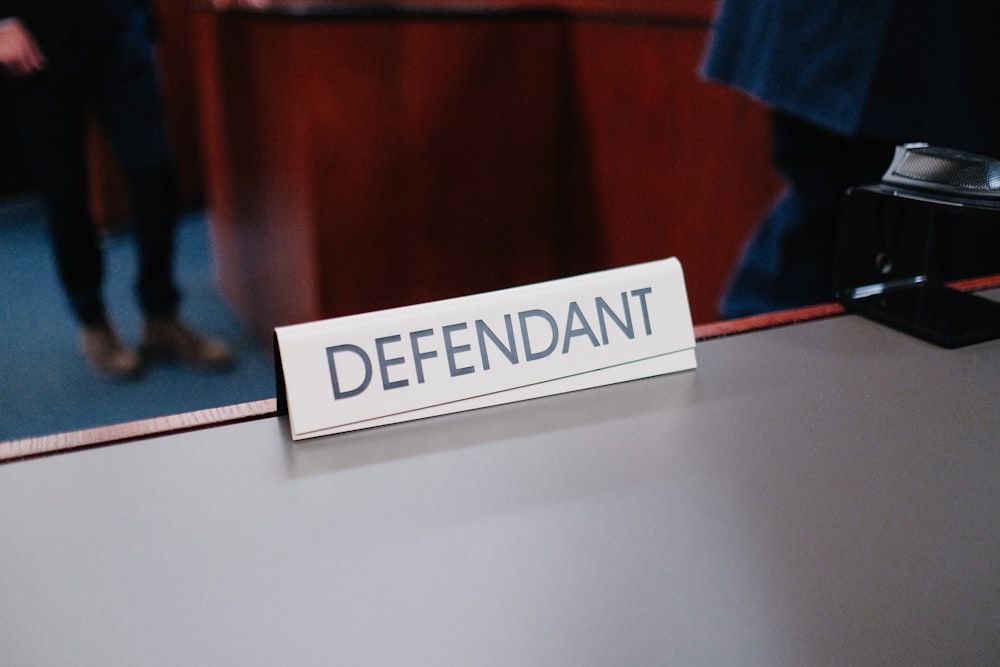
Navigating Online Content Moderation Laws: A Comprehensive Guide
The digital landscape has witnessed an explosion of user-generated content across various platforms. As online interactions surge, the need for effective content moderation becomes paramount. This article delves into the intricacies of online content moderation laws, shedding light on the challenges and legal frameworks governing this critical aspect of the internet.
The Rise of User-Generated Content:
The advent of social media and online forums has empowered users to generate and share content on an unprecedented scale. While this fosters a diverse digital ecosystem, it also presents challenges related to inappropriate or harmful content. Online content moderation is the key to maintaining a safe and inclusive online environment.
Legal Responsibilities of Platforms:
Digital platforms hosting user-generated content carry legal responsibilities to moderate and manage the material posted by their users. Laws vary across jurisdictions, but many countries hold platforms accountable for addressing issues such as hate speech, illegal content, and content that infringes on intellectual property rights. Understanding these legal obligations is crucial for platform operators.
Challenges in Content Moderation:
Content moderation is not without challenges. The sheer volume of user-generated content makes manual moderation impractical. Automated moderation tools, while efficient, may lack the nuanced understanding required to distinguish between harmful and permissible content. Striking the right balance between automation and human oversight is an ongoing challenge.
Balancing Freedom of Speech:
One of the complexities in online content moderation lies in balancing the right to freedom of speech with the need to curb harmful content. Platforms must navigate these waters carefully, ensuring that legitimate expression is not stifled while still mitigating the spread of content that incites violence, promotes discrimination, or violates community standards.
Emergence of Section 230:
In the United States, Section 230 of the Communications Decency Act has played a pivotal role in shaping the landscape of online content moderation. This provision grants platforms immunity from liability for content posted by users while allowing them to moderate content without fear of being treated as publishers. However, ongoing discussions surround potential reforms to Section 230.
Global Perspectives on Moderation Laws:
Online content moderation laws vary significantly worldwide. European countries, for instance, have implemented stringent regulations under the General Data Protection Regulation (GDPR), holding platforms accountable for user data protection. Understanding and complying with diverse global perspectives on content moderation is crucial for platforms with an international user base.
Transparency and Accountability:
Increasingly, there is a call for transparency in content moderation practices. Users and regulators demand clear policies from platforms regarding what content is permissible and what is not. Transparency also extends to providing users with explanations when their content is moderated, fostering a sense of accountability on the part of platform operators.
Impact on Innovation:
Striking the right balance in content moderation is not only a legal consideration but also an innovation challenge. Excessive regulation can stifle creativity and limit the development of new platforms. Finding a middle ground that fosters innovation while safeguarding user safety remains a crucial aspect of online content moderation laws.
User Empowerment and Reporting Mechanisms:
Empowering users to report inappropriate content is a fundamental aspect of effective moderation. Legal frameworks often require platforms to establish robust reporting mechanisms, allowing users to flag content that violates community guidelines. This collaboration between platforms and users enhances the overall effectiveness of content moderation efforts.
Adapting to Evolving Challenges:
As the digital landscape continues to evolve, so do the challenges associated with online content moderation. Legal frameworks must be flexible enough to adapt to emerging issues, such as deepfakes, misinformation, and evolving forms of online harassment. Regular updates and collaboration between stakeholders are essential to staying ahead of these challenges.
In conclusion, navigating online content moderation laws requires a delicate balance between protecting users and fostering a free and innovative digital space. As technology advances and online interactions grow, the evolution of legal frameworks will play a crucial role in shaping the future of content moderation. For a deeper dive into this topic, visit Online content moderation laws.




